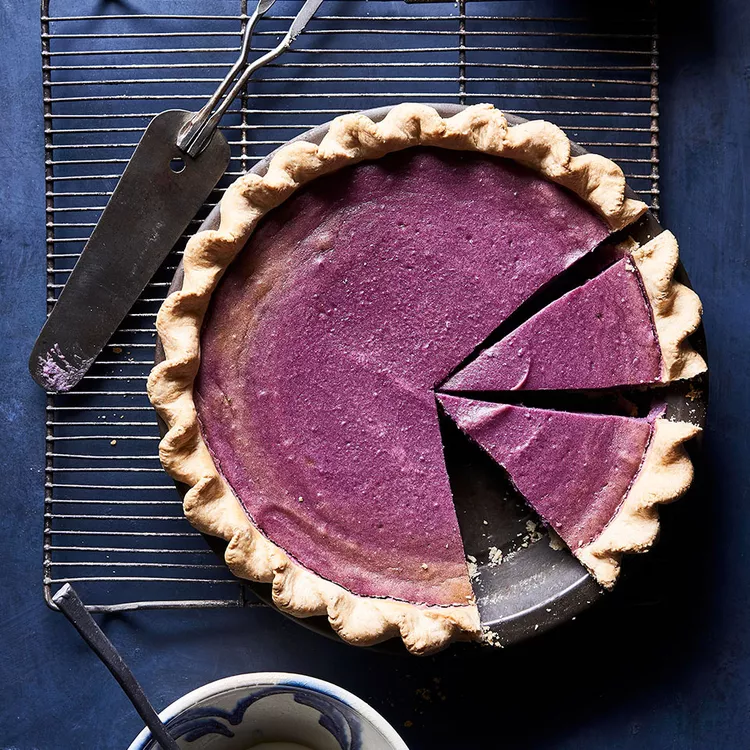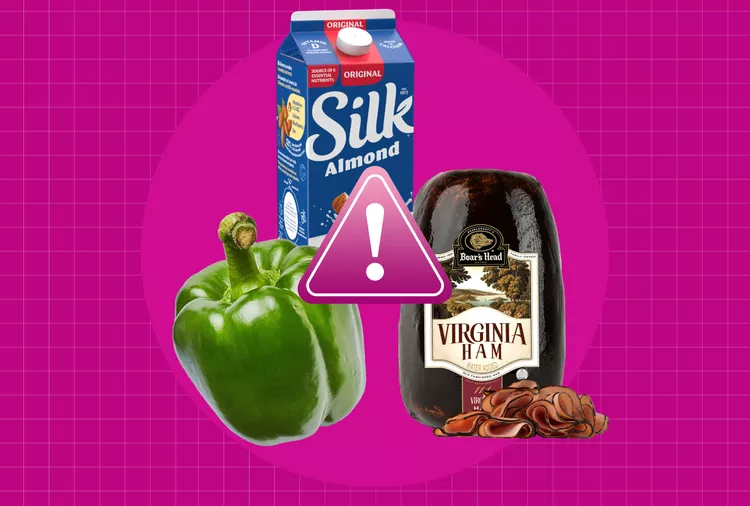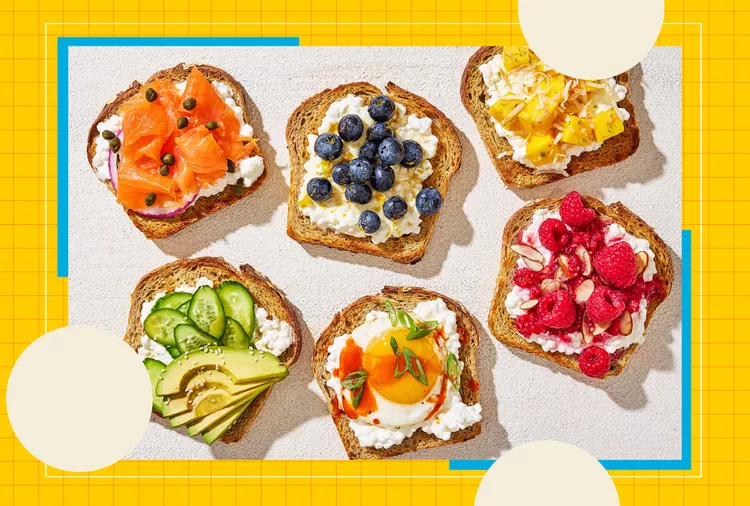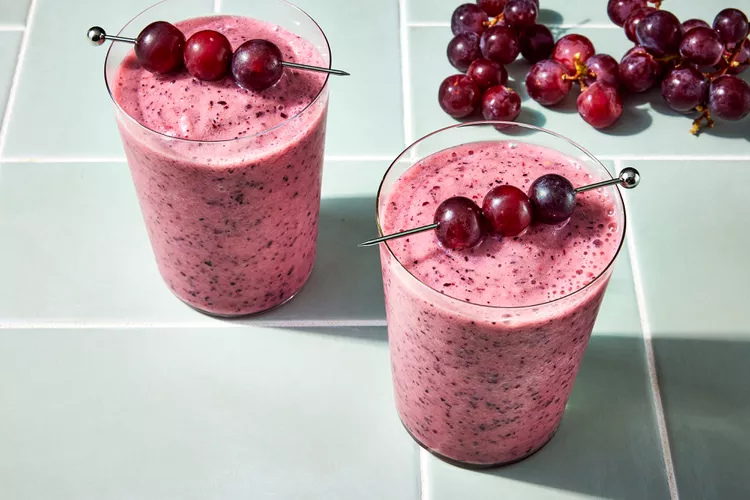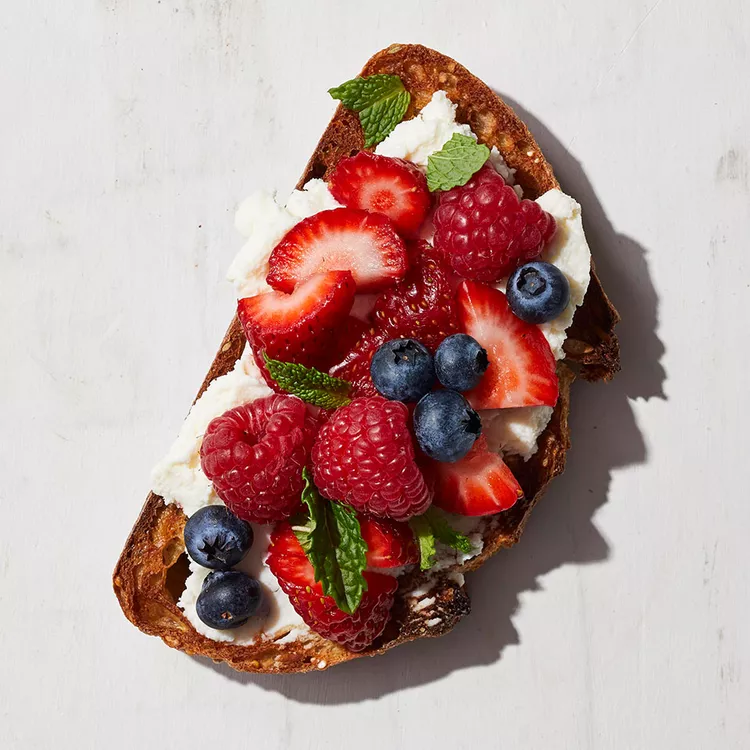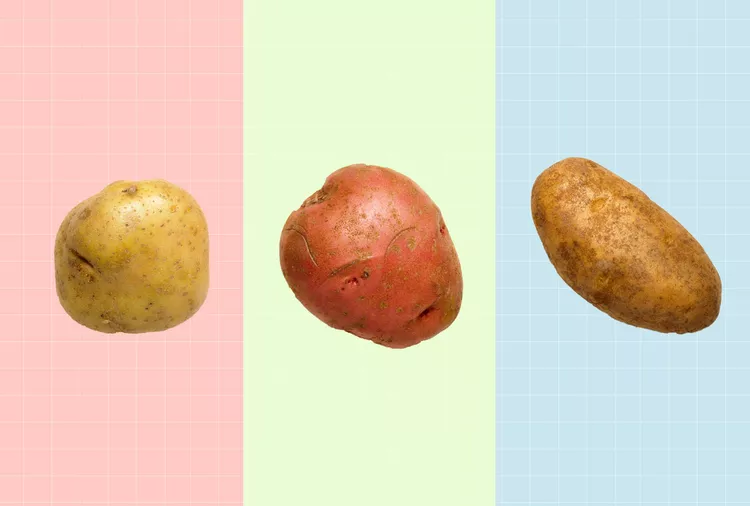Contents
What Is Glucose Syrup and Why Is It in Your Food? A Complete Guide
You’ve likely seen glucose syrup on the ingredient lists of many processed foods and may be wondering what exactly it is, how it’s made, whether it’s healthy, and how it compares to other sweeteners. This article explains everything you need to know about glucose-syrup and its effects on your health.
What Is Glucose Syrup?
Glucose-syrup is a sweetener, thickener, and moisture-retaining agent commonly used in commercial food production. Unlike other sugars, glucose-syrup doesn’t crystallize, making it ideal for use in products like candy, beer, fondant, and various canned or premade baked goods.
Though often confused with glucose, glucose-syrup is quite different. Glucose is a simple carbohydrate that serves as the preferred energy source for the body and brain. In contrast, glucose-syrup is made by hydrolyzing starch — a chemical process that breaks down glucose molecules in starchy foods. This creates a sweet, concentrated syrup rich in glucose.
Glucose-syrup is most often made from corn, though other sources like potatoes, barley, cassava, and wheat can also be used. The syrup can either be in a thick liquid form or as solid granules. Its Dextrose Equivalent (DE) indicates the level of hydrolysis, meaning the higher the DE, the sweeter and more concentrated the syrup is.
Main Types of Glucose Syrup
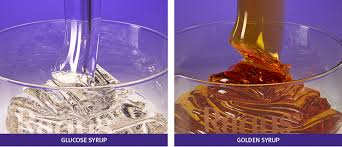
There are two primary types of glucose-syrup, each with different carbohydrate profiles and sweetness levels:
- Confectioner’s Syrup: This type is processed through acid hydrolysis and continuous converting. It typically contains 19% glucose, 14% maltose, 11% maltotriose, and 56% other carbs.
- High-Maltose Glucose-Syrup: Produced with the help of the enzyme amylase, this syrup contains 50-70% maltose, making it less sweet than regular glucose-syrup and better for keeping foods dry.
Glucose Syrup vs. Corn Syrup
While corn syrup is a type of glucose-syrup made from corn starch, it’s important to note that not all glucose-syrups are made from corn. Glucose-syrup can come from a variety of plant-based sources, including wheat and barley.
Nutritionally, glucose-syrup and corn syrup are very similar — they are both highly processed sweeteners with few health benefits. They are typically used interchangeably in recipes for products like baked goods, candies, and frozen treats.
Health Effects of Glucose Syrup
While glucose-syrup is effective in preserving and sweetening foods, it offers no nutritional value and is loaded with empty calories. A single tablespoon (15 ml) contains 62 calories and 17 grams of carbs, which is nearly four times the amount found in regular table sugar.
Regular consumption of glucose syrup can lead to health risks such as:
- Obesity
- High blood sugar
- Tooth decay
- High blood pressure
- Heart disease
It is also a contributor to insulin resistance, which can make weight loss and maintaining a healthy weight more challenging.
How to Avoid Glucose Syrup
If you’re looking to improve your health, it’s best to avoid glucose-syrup and products that contain it. Here are some tips:
- Limit processed foods: Glucose-syrup is a common ingredient in sodas, sports drinks, candies, canned fruits, packaged snacks, and more. Stick to whole foods as much as possible.
- Read ingredient lists: Glucose-syrup can sometimes be listed under various names. Always check labels to avoid hidden sugars, including high-fructose corn syrup.
- Choose healthier sweeteners: Some products use alternatives like molasses, stevia, xylitol, or yacon syrup, which are considered healthier options when used in moderation.
The Bottom Line
Glucose-syrup is a highly processed sweetener commonly used in packaged foods to enhance flavor and extend shelf life. However, it’s packed with empty calories and sugar, making it a poor choice for long-term health. If you’re aiming for a healthier lifestyle, avoid foods that contain glucose-syrup and opt for those that use healthier sweeteners.
By being mindful of your food choices and reading labels, you can significantly reduce your intake of this unhealthy ingredient.
